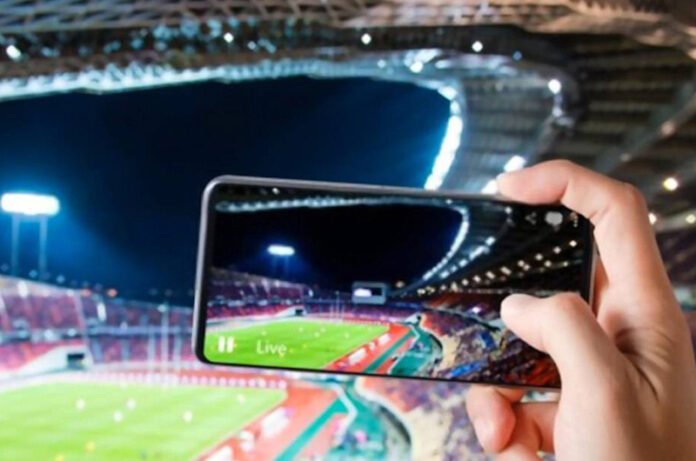From the exhilarating moments of victory to the agonies of defeat, sports have always been an integral part of societal fabric. In the digital age, the confluence of sports with social media has brought about a seismic shift in how we consume sports, perceive athletes, and engage in socio-political discussions.
1. Amplification of Athlete Voices:
Gone are the days when athletes solely relied on press conferences to share their views. Platforms like Twitter and Instagram give athletes direct access to fans and a larger audience. Figures like LeBron James and Megan Rapinoe use their influence to spotlight social issues, fostering discussions that transcend the sporting arena.
2. Mobilizing for Causes:
Athletes, teams, and leagues now rally support for various causes through social media campaigns. Hashtags and challenges go viral, galvanizing public opinion and raising awareness. For instance, the #TakeAKnee movement initiated by Colin Kaepernick ignited conversations about racial injustice globally.
3. Real-time Reactions and Feedback:
Sports events are often live-tweeted, creating a virtual community of fans sharing reactions in real time. This immediate feedback loop influences not only public opinion but also decisions made by teams, sponsors, and leagues.
4. Shaping Political Behavior:
Sports-related social media campaigns often have political ramifications. By highlighting issues like racial discrimination, gender inequality, or LGBTQ+ rights, the sports community can sway public opinion and influence policy decisions. Governments and politicians, recognizing the power of this medium, often engage in or respond to these discussions.
5. Potential Pitfalls:
While social media democratizes discourse, it also has its pitfalls. Misinformation, trolling, and online harassment are rampant. Athletes and fans need to navigate this space judiciously, ensuring they promote informed and respectful discussions.
Conclusion:
Social media has elevated sports from mere entertainment to a potent platform for societal change. As boundaries between sports, politics, and public opinion blur, it’s evident that the digital realm’s influence is profound. It’s up to all stakeholders—athletes, fans, and organizations—to harness this power responsibly, fostering unity and constructive dialogue in an increasingly connected world.




